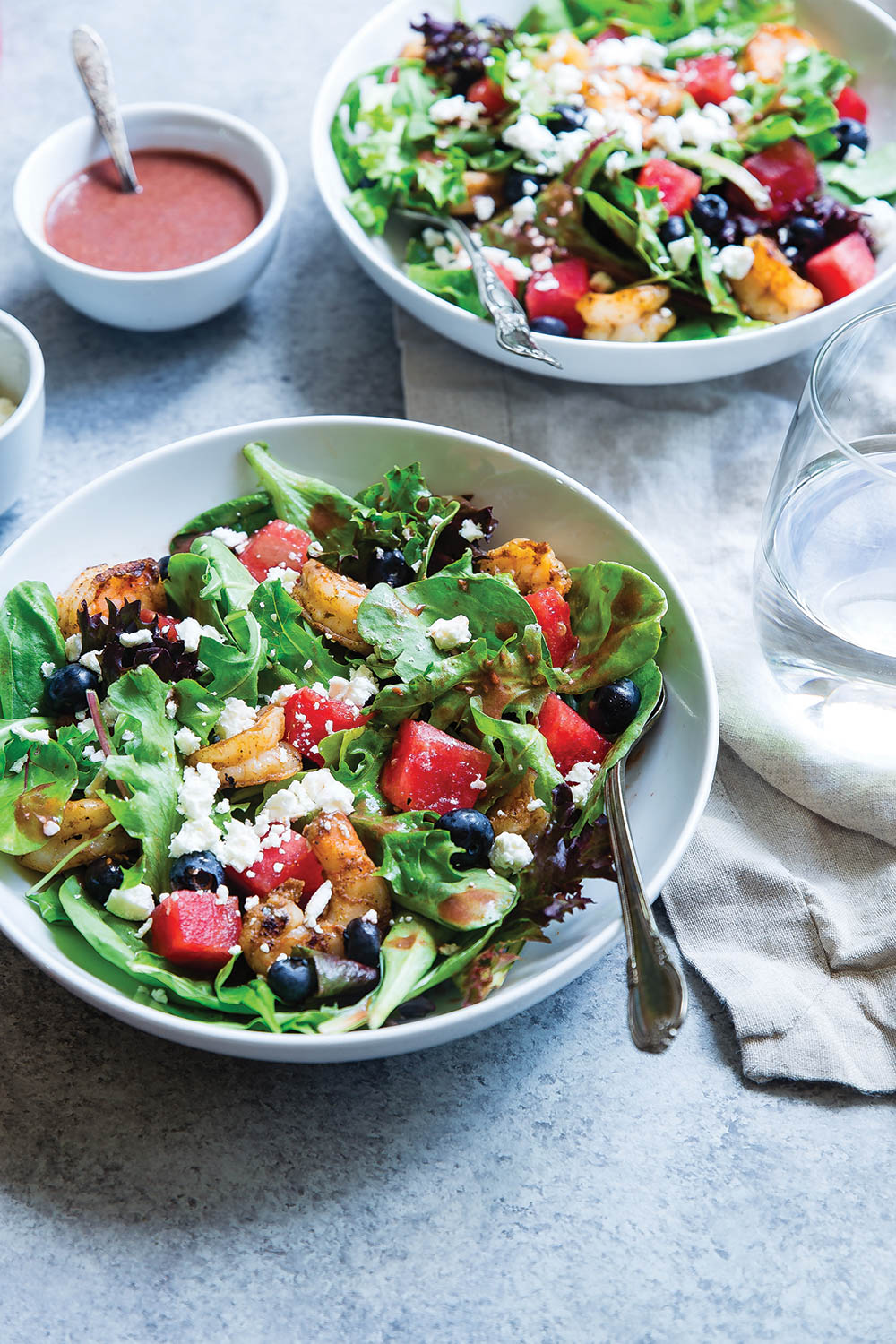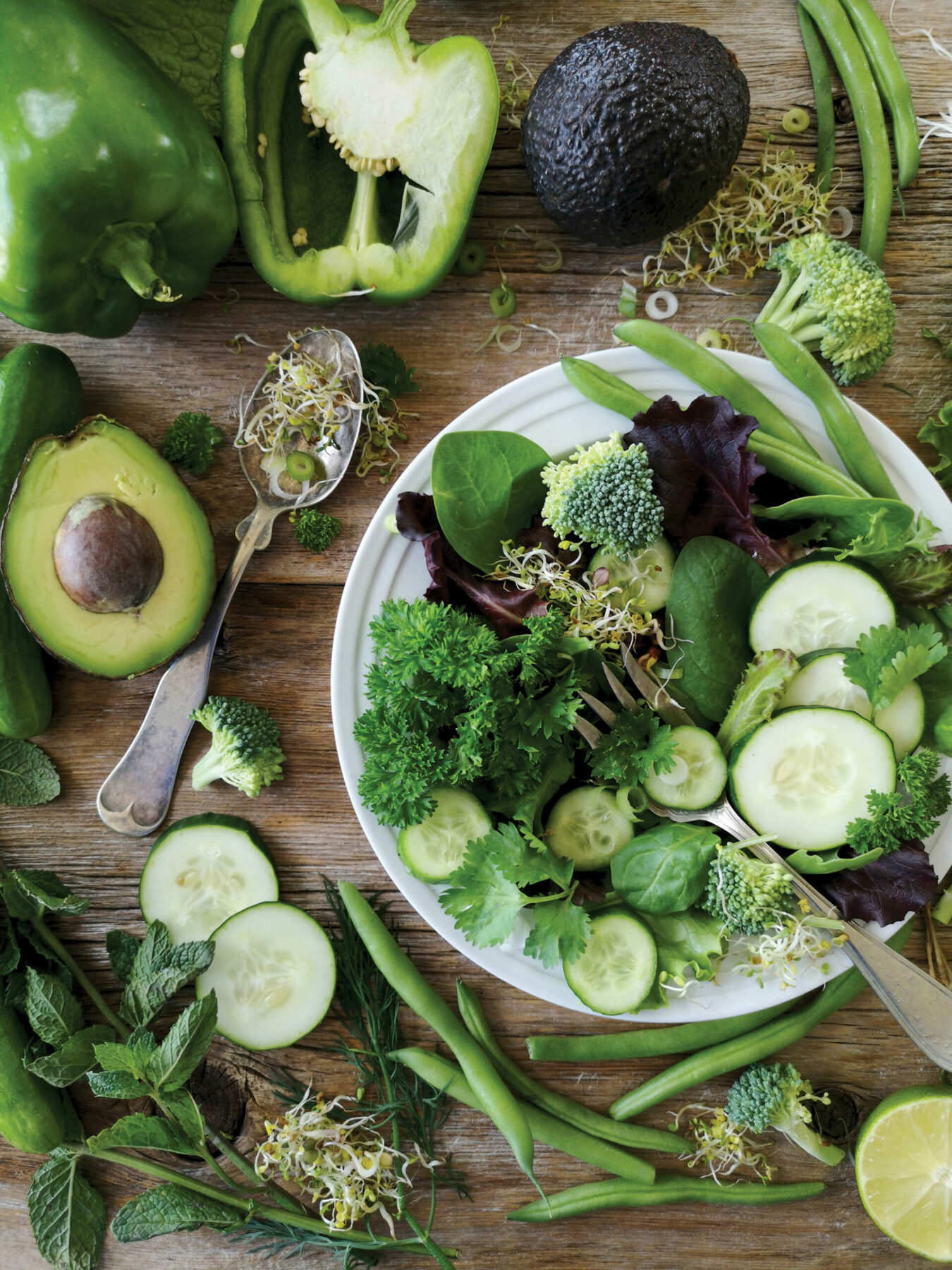The Do’s and Don’ts of Meal Planning

Planning and preparing meals can sometimes feel like climbing a mountain. The length of time necessary can seem too long, the amount of food can be overwhelming and the type of meals may feel boring.
But meal prepping can and should be a healthy, enjoyable process. There are multiple ways to go about it, but ultimately, it comes down to what works best for you. According to a 2019 study, everyone approaches diets and lifestyles differently and will therefore process food differently. There is no one-size-fits-all approach. However, there are steps you can take, regardless of your life stage or health level.
What to Do When Meal Planning

First, recognize that life happens.
Though it would be much easier to have every moment scheduled out, that can’t always happen. Kids, jobs, spouses, accidents, traffic, meetings — anything and everything can seem like a stumbling block to having a healthy lifestyle.
Next, you must start prepping. Knowing your schedule is one of the biggest things to consider. By making a specific time to work on your meal planning, you remove another level of stress.
Depending on how busy life can be, you can break things up to make meal prepping less demanding by doing a little bit every day or by preparing each individual meal on one day of the week.
Krista Large, a certified nutritionist from Living Large Wellness, gives an example of an effective schedule:
- Tuesday: Plan
- Friday: Inventory
- Saturday: Shop
- Sunday: Cook
Recognizing your plan for the day is also important. Making a microwavable or oven-heated meal every day is delicious, but if you have errands to run, bringing along a meal that needs heating doesn’t make as much sense as packing a salad or something similar.
When planning the week out and discerning what ingredients to buy, it’s also important to consider the season. The cost of berries, for example, rises in the winter because they are no longer in season. However, celery and bananas are always in season, so their prices shouldn’t fluctuate as much.
Done right, meal planning can also help you save costs and reduce food waste. Meal planning inevitably helps reduce food waste and budget costs. By buying just enough ingredients for your specified meal plan, you don’t overspend on things you won’t eat, which in turn, reduces your food waste because less is being thrown away after expiring.
For ladies, keep in mind your monthly cycle as meals may change depending on what stage you are in.
“Since your hunger increases at the end of your cycle, you should prepare more starchy vegetables,” suggests Lahana Vigliano, CEO of Nuvitru Wellness.
What Not to Do When Meal Planning

A key thing to avoid is stressing about meal planning. Meal planning is meant to decrease stress. By planning specific times and meals, you release a weight off your shoulders since there’s not as much pressure in choosing what to eat or what ingredients are needed to prepare.
Another thing to avoid is planning the same meal every day. With meal planning, you can increase the enjoyment of food by having more decisions and putting thought into what each meal should be. Then, you’re not just eating three meals consisting only of boxed macaroni and cheese — you stop only seeing ingredients and start seeing meals. By putting more thought into your meals, we can “actually enjoy it more(…) which can help better (our) overall relation to food and body image(…) which can then provide peace of mind,” says Adrien Paczosa, founder of iLiveWell Nutrition.
It’s OK and even encouraged to have variety in your meals! This variety not only provides more vitamins and minerals but can also help you avoid developing food sensitivities.
“Overconsuming the same thing creates food sensitivities, even if it’s healthy food,” Vigliano says.
One idea from Paczosa is to “avoid the fifty shades of tan.” Add some purple cabbage one day, some blueberries the next and take it a step further by trying some purple dragon fruit to your meals.
As you prepare, don’t forget each puzzle piece necessary for a complete meal — carbs, protein and fat. The balance between these three will be different for every person and meal, but that balance is important.
As the last thing to avoid, don’t forget to check out food blogs full of recipes, bursting with clever ideas and delicious meals. While there will always be some recipes that only work for the original creator, the people who make it their full-time career to blog about recipes generally know what they’re doing. Large recommends Evolving Table, based here in Austin, for some delicious and easy recipes.






